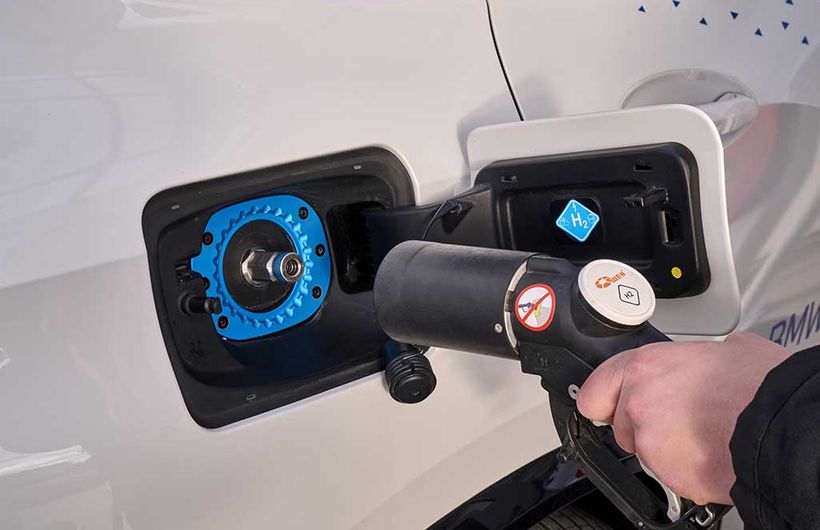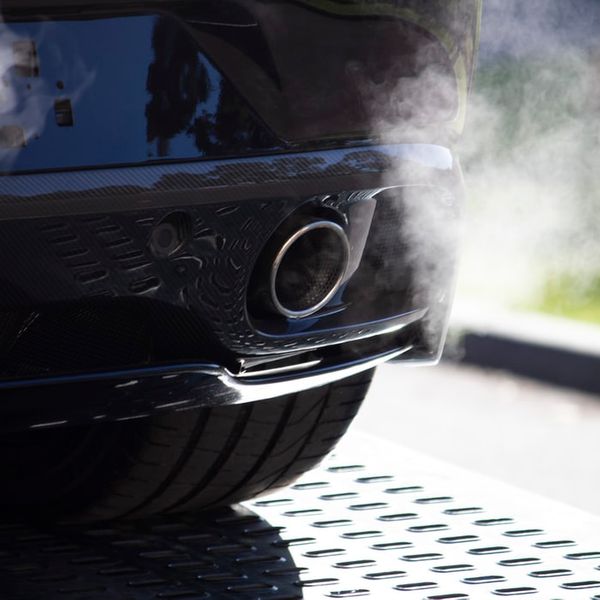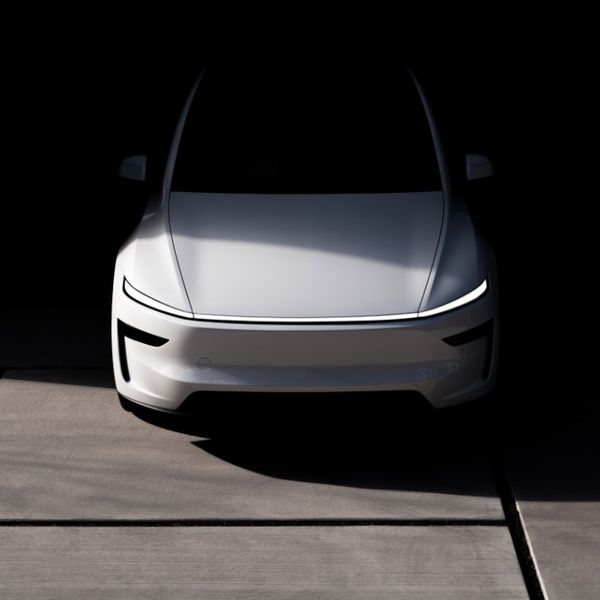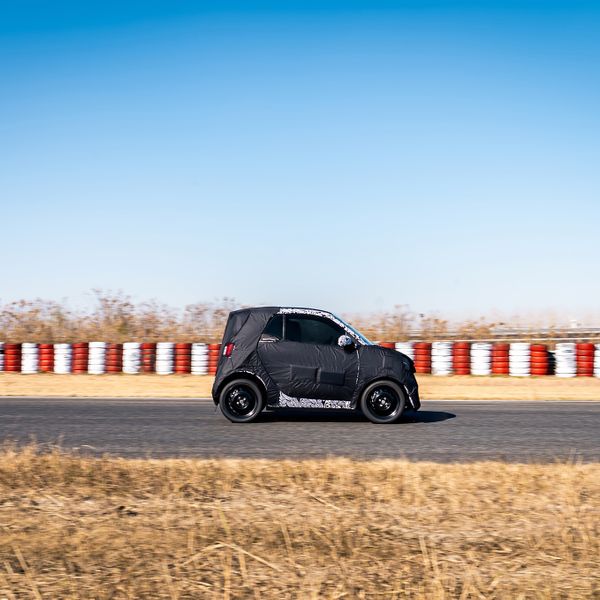BMW is planning to conduct a new pilot scheme to assess the feasibility of a hydrogen fuel-cell powered iX5. The project, which has taken four years to reach the production stage, will see 100 test models fitted with Toyota-built fuel cells deployed around key European markets. BMW will use its findings to shape plans for future hydrogen fuel-cell models.
Unlike many of its competitors, many of whom have scaled back or dropped development of hydrogen fuel cell cars, BMW continues to be an advocate of the technology. Speaking at a media drive of the pilot cars, boss Oliver Zipse said: “Hydrogen is a versatile energy source that has a key role to play in the energy transition process. Hydrogen is the missing piece in the jigsaw when it comes to emission-free mobility. One technology on its own will not be enough to enable climate-neutral mobility worldwide.”
The iX5 Hydrogen is adapted from the standard production model and is based on the concept model that first appeared at the Frankfurt Motor Show in 2019. The car is powered by a Toyota fuel cell which converts hydrogen fuel (stored in tanks) into electricity via a chemical reaction. The two firms have been collaborating on fuel cell technology for the last 10 years, although only Toyota has been able to push through a full production model in the form of the Mirai.
 Refuelling takes around four minutes, but finding a hydrogen station isn't easy - there are just 15 in the UK
Refuelling takes around four minutes, but finding a hydrogen station isn't easy - there are just 15 in the UK 












